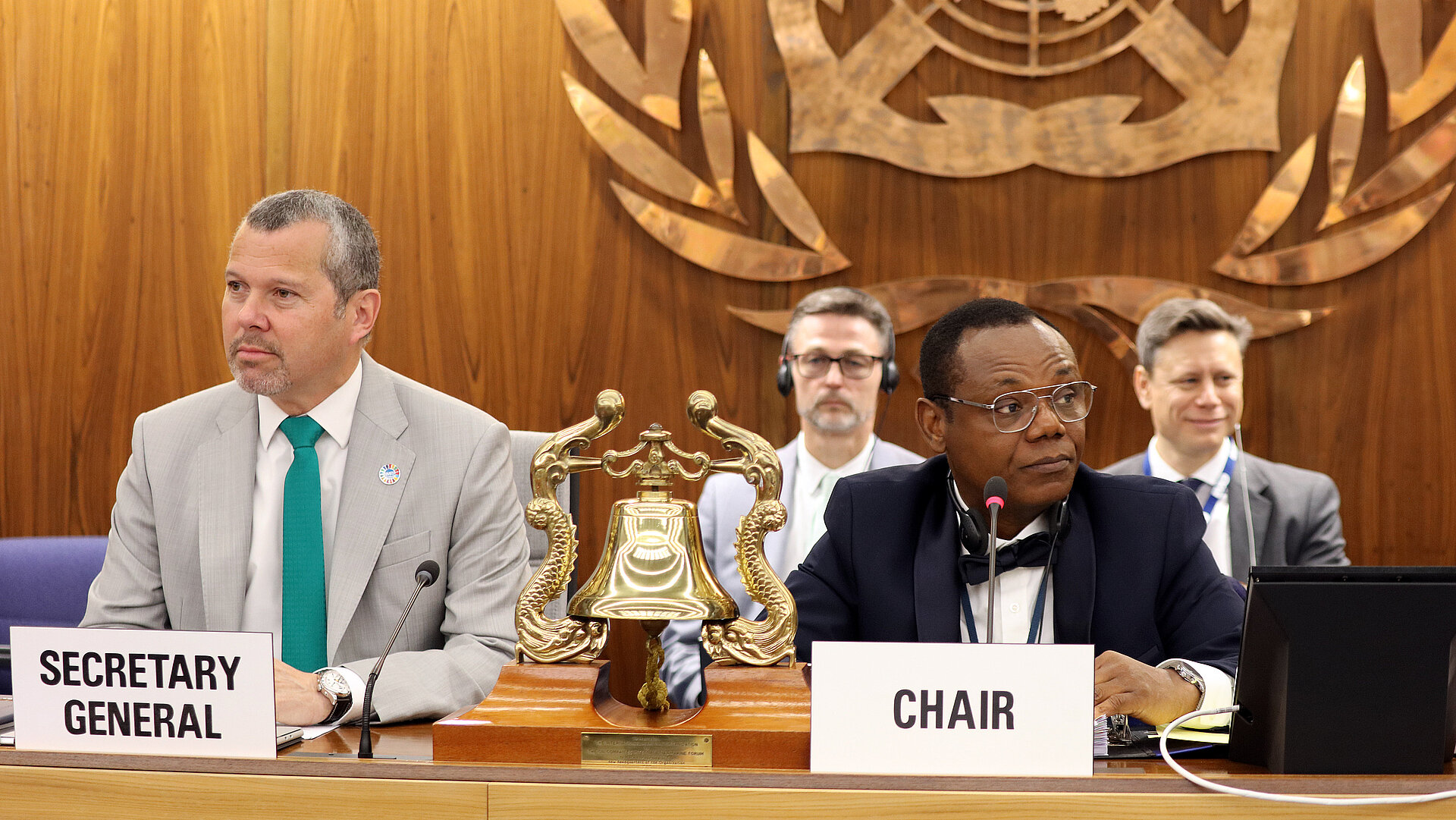
Pendulum swings against decarbonisation at IMO

A rare thing at IMO – a vote – came after one of its difficult meetings (Source: imo-un/Flickr)
More lenient decarbonisation standards agreed at the end of MEPC 83 could dampen a recent surge in enthusiasm for retrofits.
The US delegation boycotted the event from the outset, claiming that it was “wealth redistribution” disguised as environmental regulation, and threatened to take revenge on countries acting to regulate its flagged vessels.
A flat-rate levy, which was supposed to penalise polluters in developed countries while providing financial incentives for developing nations, was scrapped, in a decision that “...fails climate vulnerable countries… and falls short of both the ambition the climate crisis demands and that member states committed to just two years ago,” according to Emma Fenton, senior director of Climate Diplomacy at NGO Opportunity Green.
In a subsequent LinkedIn post, Dr Tristan Smith, director of UMAS, called the outcome “bittersweet”, saying that while “much higher ambition” is needed at the IMO, the agreement would likely displace fossil fuels to the extent that they would be the minority energy source in the next 15 years.
Smith added that LNG would be “limited” in terms of its long-term viability as a decarbonisation fuel. “This pathway now faces basic penalty fees within the next few years [for LNG], and will face rapidly growing penalty fees from 2033. [LNG] is not looking like a competitive choice for newbuilding.”
